TF–05
By the middle of the 19th century, rural Jewry had passed its developmental zenith. Industrialization and new freedoms attracted not only Jews to the cities and overseas. Sometimes the step into the New Era succeeded also in the countryside. Lazarus Morgenthau moved from the Bavarian Palatinate to Mannheim in Baden and founded a factory for a new kind of product: the cigar. His brother Zacharias (1818-1898) even returned from America and moved to Lorsch. Here and in Heppenheim, the brothers founded more cigar factories. The most important market was California. Gold prospectors were supplied with whole shiploads, at good prices against Cuban and American competition. This went well for a few years until Abraham Lincoln had high import duties imposed in favor of American farmers.Lazarus invested in a new product: a de-nicotinized cigar with spruce-needle aroma, which he promoted as being beneficial to health. He was a hundred years ahead of his time and the realization of the harmfulness of smoking. It did not become big business. In 1866, he liquidated all his businesses, sold the real estate, auctioned off his household goods, and left for New York with his wife and children and a capital of 60,000 guilders. His later best-known son Heinrich (Henry) founded the Morgenthau dynasty of politicians in the USA. Zacharias Morgenthau remained in Lorsch. He had married here a second time. With him and his brother, industrial cigar manufacturing had come to Lorsch, a trade that would flourish in the town for a hundred years. The people of Mannheim looked on with amusement as the Morgenthaus‘ luggage was lined up for departure, and the local folk quickly had a mocking verse ready:
„Spruce needles, pine cones,
worthless things, and nothing useful.
And the patent with our emblem,
Morgenthau will make you sick!“
(Heinrich Unger, quoted from: Mannheimer Gesch. Bl. No. 17, 1916)
